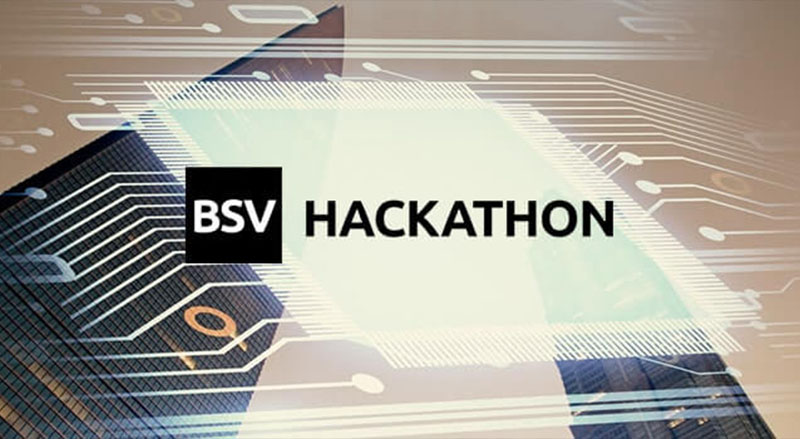Developers and other interested parties are reminded that the first round of the BSV Zero-Knowledge Hackathon begins in less than a week with submissions opening on November 2.
The coding round will take place entirely online from November 2 – December 2, 2022. Registration opened on October 3 and will remain open until the conclusion of the coding round of the competition on December 2, 2022 when entries for all submissions close.
The hackathon, which is being held by the Bitcoin Association for BSV in partnership with sCrypt, is aimed at encouraging developers to build new applications using zero-knowledge proofs (ZKPs) while growing the BSV blockchain community.
The hackathon is open to all developers over the legal age of majority in all regions, excluding standard exceptions. We invite people meeting the following criteria to consider signing up and submitting your entry:
- Developers who are already coding on the BSV blockchain;
- Developers who are coding on a different blockchain;
- Non-blockchain developers who have a keen interest in BSV blockchain.
However, the hackathon is best suited for people looking to challenge themselves and use their skills towards a new application with the potential to grow and become a business case.
What is a Zero-Knowledge Proof, or ZKP?
When we think of Bitcoin’s peer-to-peer capabilities and properties it is most commonly associated with payments. However, Bitcoin also has powerful data integrity features, which enable anyone to verify and certify data, and the actions performed upon it.
A zero-knowledge proof lets one party (a prover) who claims to know a secret, convince another party (a verifier) that the claim is valid, whilst not revealing the secret.
Because of the hiding nature of ZKP, it can be used in many cases where privacy is desirable. More importantly, it can also be used as a building block to construct more sophisticated protocols.
The coding round of the ZKP Hackathon
The task for each team is to design and implement a working system that leverages the mathematical robustness of zero-knowledge proofs and stands the maximum chance of revolutionising or positively disrupting a certain business domain, e-governance protocol or way of doing things (online gaming, for example). An example of such a system would be the commonly debated concept of a Self-Sovereign Identity – a way to establish identity, without losing control of one’s data.
Upon completion of your Hackathon work, a link to the following deliverables should be submitted on Devpost:
- Code submission using a GitHub repository named after your team.
- There should be one single Git repository for your submission. If external resources are required, an install/setup script should be included.
- All submissions should include Docker or Vagrant container(s) that the solution runs on.
- Supporting documentation (this may include photographs of whiteboards, diagrams, written notes, a short business case, or any other material you think relevant).
- A five-minute (or less) video summarising your entry – e.g. a screencast demonstration of your product and a short introduction to your team, vision, goals, and business proposition.
- A working application and/or website. (Optional)
We expect participants may have full-time jobs and will spend varying amounts of time on their entries. The competition period was chosen so that you can fit in time for the Hackathon around work and home obligations. The competition period does not reflect our expectations about the readiness or degree of completeness of your final submission.
What happens after the coding round?
Once applications close, the projects will be considered by a list of all-star judges, including:
- Dr Craig S. Wright – Chief Scientist, nChain & Founder of SVPool;
- Dr Jack Rogers – Senior Lecturer in Economics at the University of Exeter;
- Jens Groth – Director of Research at DFINITY, Honorary Professor at Department of Computer Science at UCL;
- Jad Wahab – Director of Engineering at BSV Blockchain Association;
- Xiaohui Liu – sCrypt Inc Founder and CEO.
Winners will be announced on January 8. You can find out more about registering and the full list of rules for the BSV Zero-Knowledge Hackathon here.
